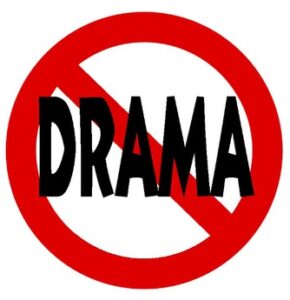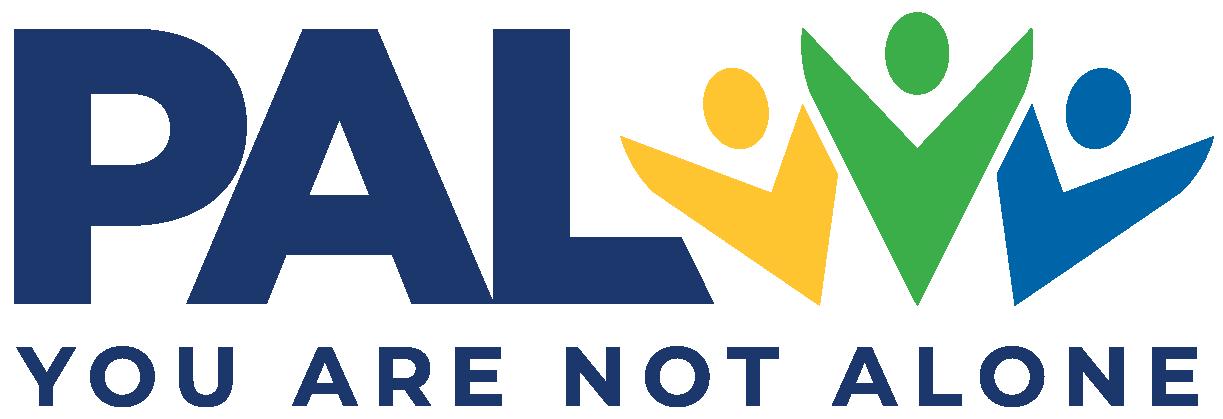
Journal entry December 25, 2011:
“I’m not sure I would have had children if I knew I would have to endure a day like today.”
Can you relate to this? There was a time when I would have been too ashamed to share that with you. Since the holiday season is underway, I thought it would be the time to throw that out there in the event that you are feeling a bit discouraged and would like some company.
The day that I made that entry, one of my sons didn’t show up at all for Christmas dinner (he was living in his car at the time) and the other showed up loaded on heroin. Ugh. We grieved all day and my husband was up all night ruminating. Further on in the journal entry I stated that I was “losing my mind.” We were early in our PAL career and needed quite a bit more education in order to see any light at the end of the tunnel.
All of these years later as I continue to walk alongside parents, I’m reminded of those early years of pain, especially at the holidays. Nostalgia tends to get the better of us and we long for the good old days before substances hijacked the bodies and minds of our loved ones. Each year rather than write a new holiday story, I would drag myself back in time and long for the days when my sons were young, before drugs infiltrated all of our lives. As I grew in my understanding of substance use disorder and accepted that the journey was going to be a marathon rather than a sprint, I opened up to the idea of doing things differently. Maybe that is where you find yourself this year. If that is the case then read on!
Over the last few weeks, three topics keep coming up at my PAL meeting and with parents that I’m coaching:
1. What gift will I give my loved one who is active in their disease?
2. Should I invite my loved one (who is active in their disease) to the family holiday dinner?
3. Is it selfish if we leave town and go on a vacation over the holidays?
So let’s discuss gifts. One of the first things that I learned when I began attending PAL meetings was that my “old way” of showing love to my sons by giving them things would only serve as another way for them to purchase drugs. This blew my mind because my sons assured me they would NEVER, under any circumstance, use any money or gifts received from me to acquire drugs. And I believed them…for a while. It took a weekly PAL meeting and a good counselor to convince me that they were not being honest with me. So, if your loved one is active in their disease and not in recovery, gifts may need to look different this year. Words of encouragement, prayers, a letter, maybe a shared meal (if not too painful) are some ideas. If you’re like me, I couldn’t handle not presenting them with something tangible. My counselor told me (when I would not stop badgering her) that I could give a gift bag with socks and underwear and that was it! Years later, after both sons were in recovery for a while, they shared how happy they were with the socks and underwear as it was all traded for cash which in turn bought drugs. Ugh.
Ok, so what about inviting them to dinner? What could be the harm in that? I’m not sure about you but every time I was present anywhere with my sons when they were using substances, I was in pain. I mean real, terrible, gut wrenching, heart-breaking pain. Pain that eventually manifested itself into physical pain that landed me in the doctor’s office with a lump in my throat that didn’t exist. I found that it was very difficult to emotionally disconnect from their drama without a certain level of physical distance. So, if this describes your situation, it may be time to tell your loved one that “for now, I need some space, I’m in too much pain.” It’s called a boundary and I know you don’t like them. I didn’t either.
This brings us to taking a vacation over the holidays. If your loved one is using and disconnected and you can’t face the rest of your family asking about your loved one, then pack your bags and go. Do it. Try something different. Even if you have to “fake it until you make it.” One thing you will always be to your loved one is a role model. Healthy happy adults make plans, enjoy hobbies, and go on vacation at least once in a while. Consider the message you are sending by going on vacation: “You are not responsible for my happiness; you never were and I’m sorry if I ever gave you that impression by sitting at home worrying about you and not enjoying my own life. I love you and I believe you are going to figure this problem out without me.” It’s important for parents to understand that addiction robs our loved ones of their self-esteem and the last thing you want to do is sign off on what they already believe: I ruined my parents lives.
I hope you found something in this entry that was helpful to you. I will never forget the sadness I felt (especially at the holidays) during the early years of our journey when we were all “stuck.” I remember my son telling me one year that he wished I would live my own life. I believe that deep inside, our addicted loved ones want us to swing the spotlight onto ourselves and begin the healing process so that we can live fully once again.
Merry Christmas,
M
Our regular counselor blogger Josh Acevedo is on break so we are bringing you perspectives from a PAL Facilitator.
